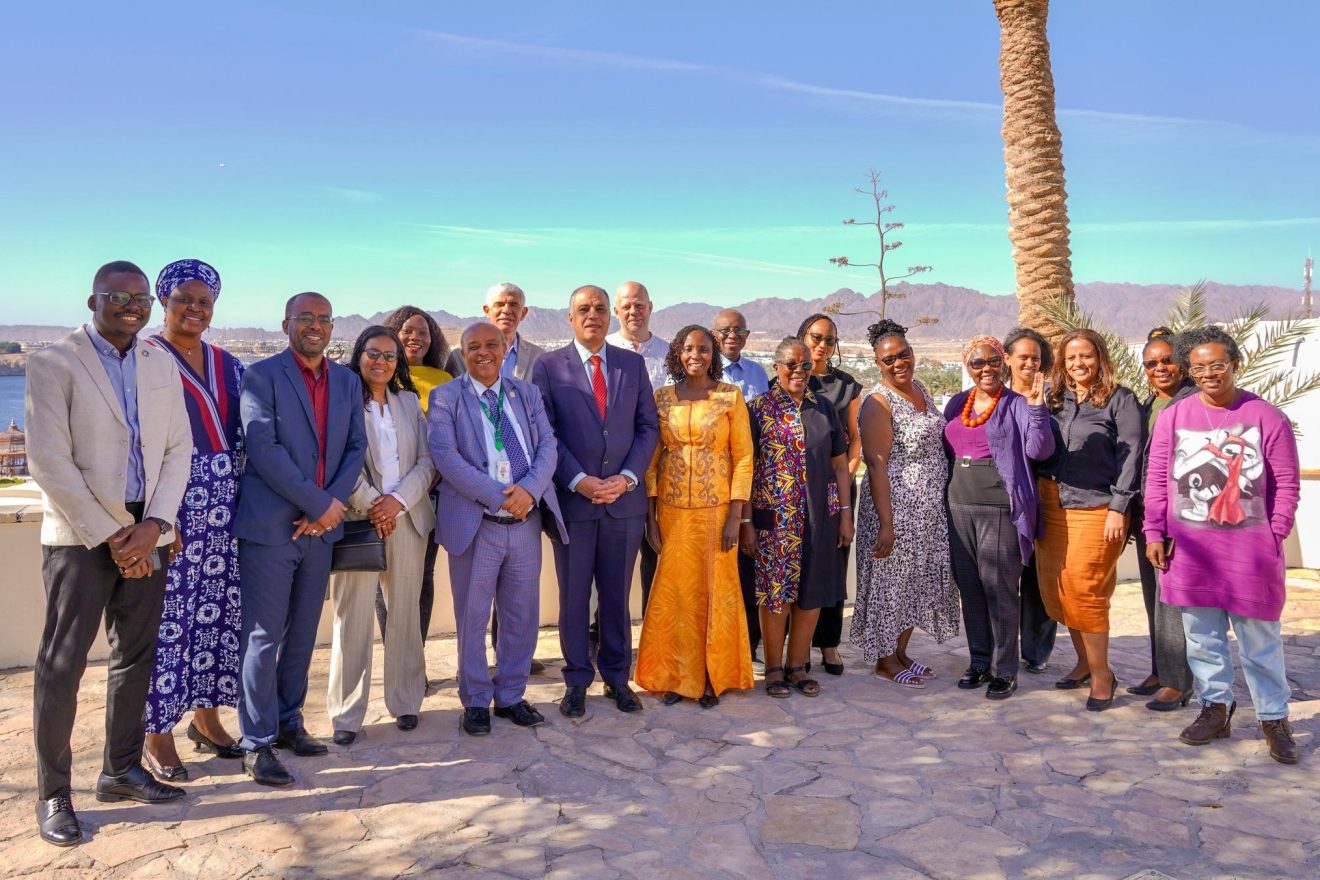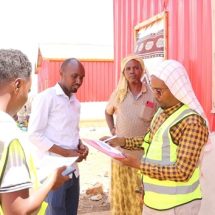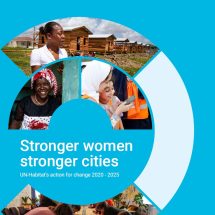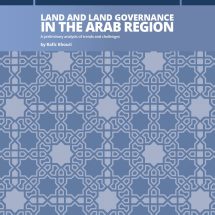With the main objective of ‘reviewing the draft Guidelines for Strengthening Women’s Land Tenure Security in Africa’, the United Nations Economic Commission for Africa (UNECA) through the African Land Policy Centre (ALPC) convened a group of experts in Sharm El Sheikh, Egypt from 10-12 December 2024 to discuss and identify gaps in the Draft Guidelines developed with the aim of providing a comprehensive framework for African states, land sector practitioners, and policymakers on enhancing women’s land tenure security. The Draft Guidelines prepared in partnership with the African Union Commission respond to a Decision of the African Union Commission Specialised Technical Committee (STC) on Agriculture Rural Development, Water and Environment (ARDWE) of 2019, which “called upon the AUC to take the lead in the development of a continental strategy and guidelines on integrating gender in the land sector in Africa” (STC3/ARDWE/Ministerial/159). The group of experts included policymakers, regional intergovernmental organizations, UN representatives, civil society organizations, academia, and land practitioners from ten African countries including Burkina Faso, Cameroon, Egypt, Ethiopia, Kenya, Lesotho, Malawi, South Africa, Uganda and Zimbabwe. The Global Land Tool Network (GLTN) was invited to this workshop to contribute towards the strengthening and refining of the Draft Guidelines based on expertise and practical experiences in advancing women’s land and property globally.
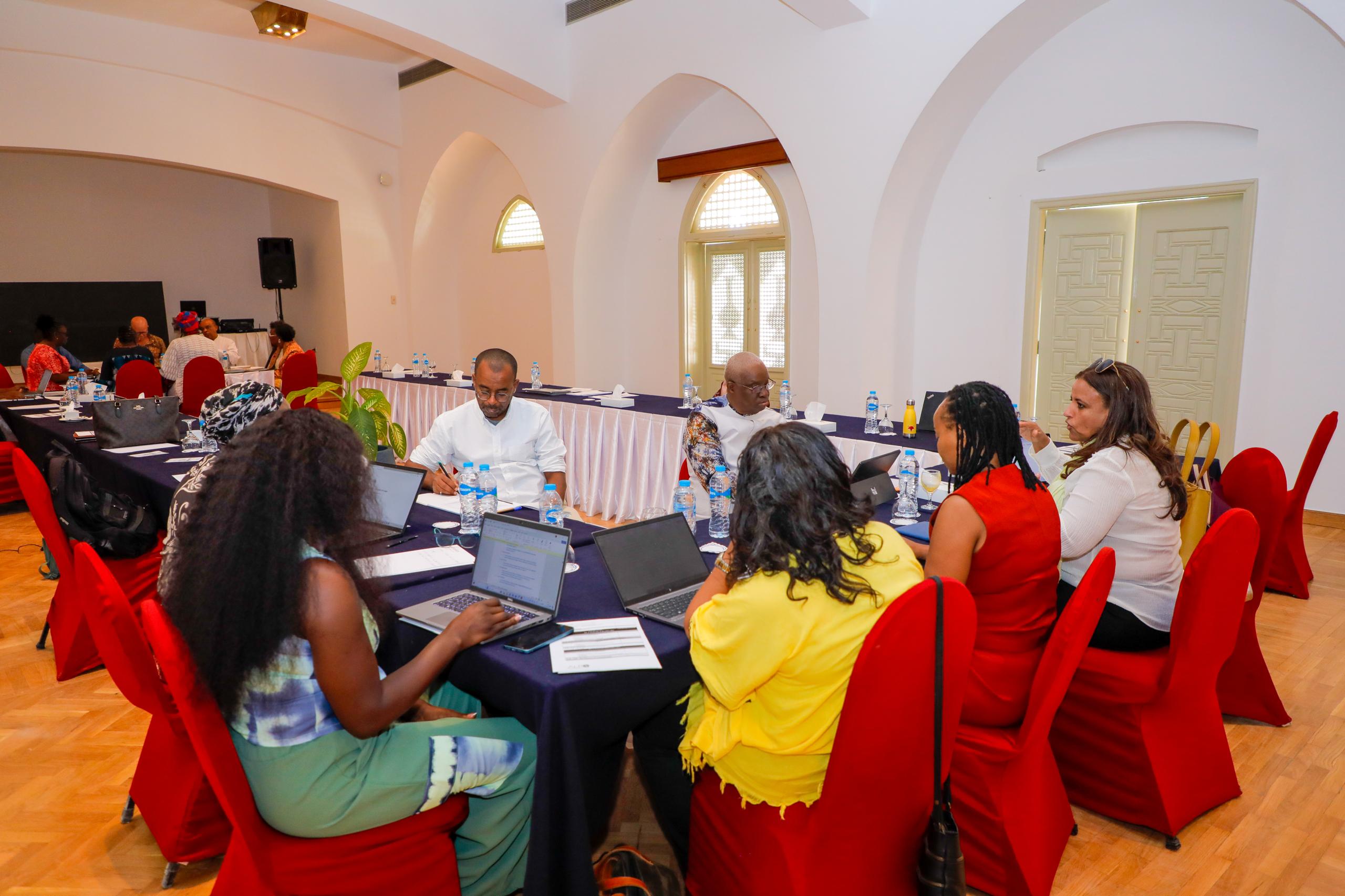
The workshop began with welcoming remarks from UNECA, followed by opening remarks from the African Union Commission underlining the importance of women’s land tenure security and how it enables their empowerment to achieve transformative social and economic benefits in the society. Further, emphasis was placed on the workshop main objective to contribute inputs that would refine the Draft Guidelines and as such the African Union Gender agenda on land. This was followed by opening statements from the Ministry of Agriculture and Land Reclamation in Egypt highlighting key government strategies, programmes, and initiatives in Egypt with a focus on agricultural transformation and the empowerment of women. The continental workshop was then officially opened.
After a brief session led by UNECA on setting the scene, recapitulating the objectives of the workshop, a group of experts presented the three background papers that had informed the development of the guidelines. These included a regional research and analysis on women and land tenure security in the following regions: Central and West Africa; Eastern and Southern Africa; and North Africa. This was followed by structured discussions that spilled over the next two days, to examine the structure and content of the Draft Guidelines, chapter by chapter. Participants were divided into working groups and tasked to provide insights on individual chapters, identifying gaps, and proposing what areas needed revision.
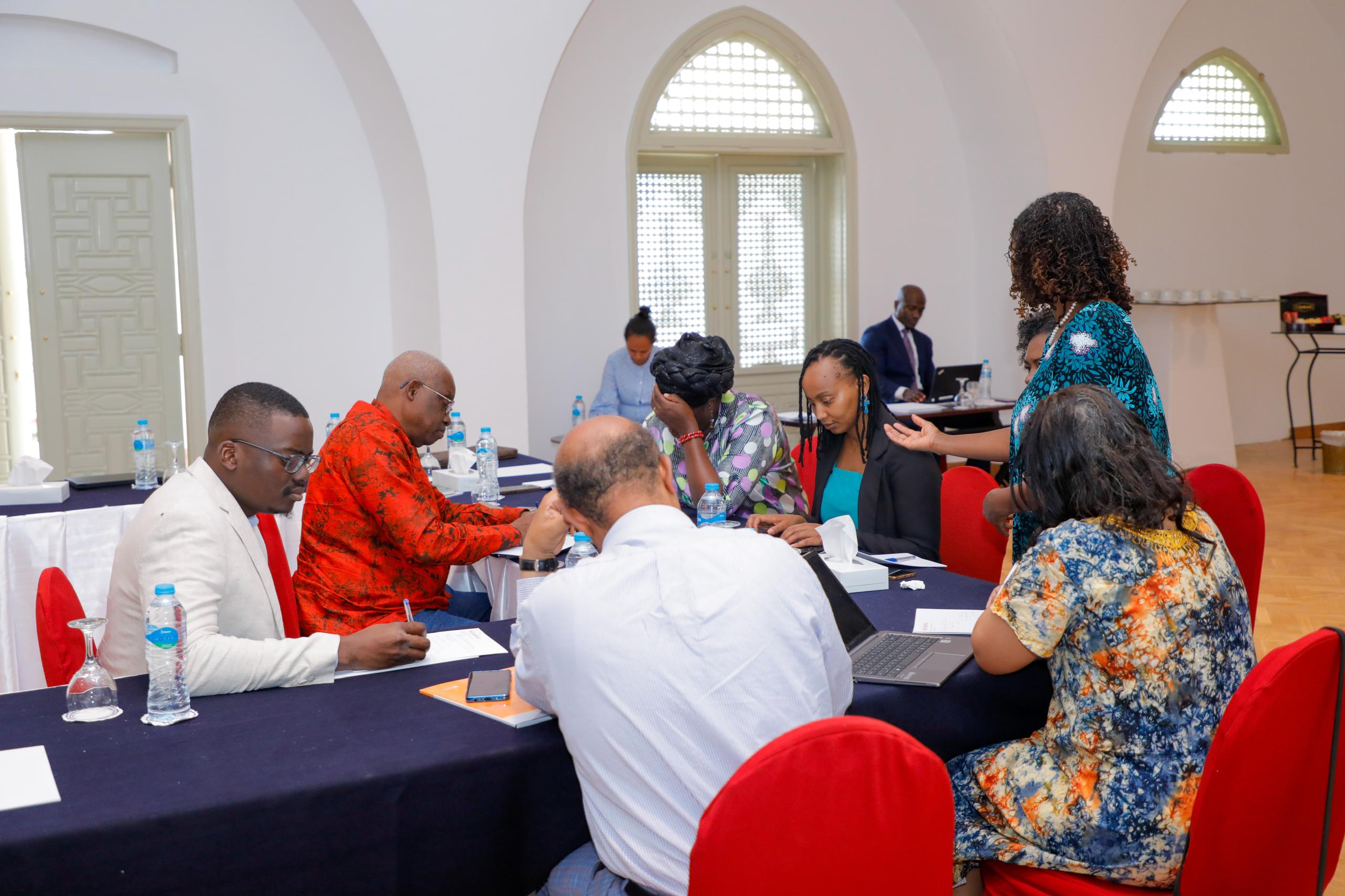
During the many hours of individual group discussions and in plenary, participants had the opportunity to learn about different GLTN innovative land tools and approaches (including those developed by GLTN implementing partners) that have been implemented globally, the lessons learned as well as best practices in securing women and girls’ land rights. This exercise was aimed at ensuring the guidelines are comprehensive and reflective of the diverse contexts across Africa, making them technically sound, culturally sensitive, readily applicable and well aligned to on-the-ground realities. On the third day, participants were asked to share their inputs on the roadmap before finalization and dissemination of the guidelines, indicating the key actions required, the responsible parties and the associated timelines.
While delivering the closing remarks, Ms Joan Kagwanja, Coordinator of the AU African Land Policy Centre emphasised on the urgent need to secure women’s land rights in Africa, noting that women in many African communities continue to face challenges often worsened by land acquisitions, privatisation of communal lands, among others, which disproportionately affect women. She thanked the participants for having participated in the review of the guidelines, an exercise that would ensure their refinement for their implementation and adoption across Africa. It is envisaged that the guidelines will be finalized in May 2025. GLTN will continue supporting this process which might include online review meetings to discuss the second draft of the guidelines in March 2025. GLTN thanks ALPC for facilitating GLTN’s visibility in this enriching forum and looks forward to supporting the next steps towards the finalization guidelines, successful adoption and eventual uptake across the African continent.








